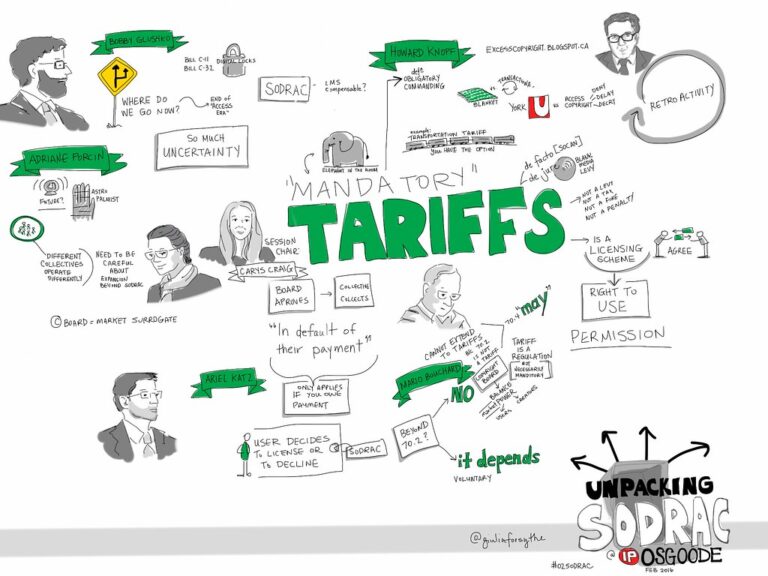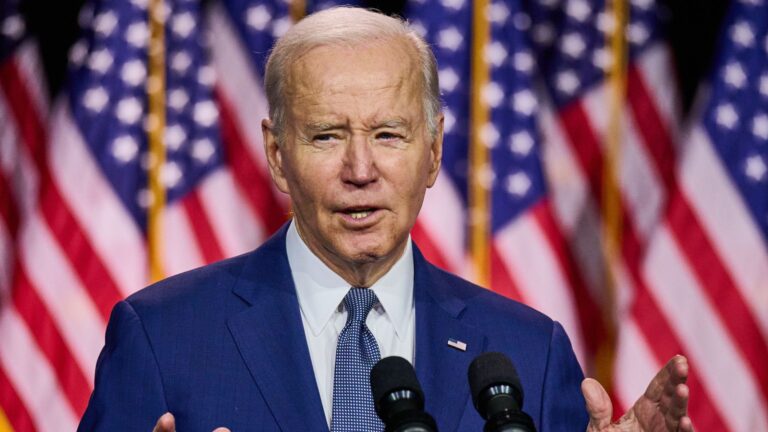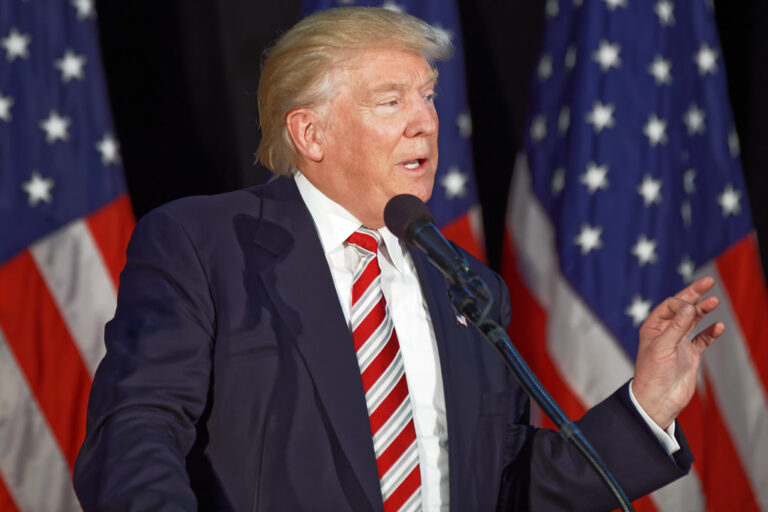Key Takeaways:
- Reports of a massacre in Gaza near an aid site, with over 30 casualties.
- Gaza Ministry alleges Israeli involvement, while Israel denies responsibility.
- International community reacts with calls for an independent investigation.
- The incident highlights the ongoing tensions in the Israel-Palestine conflict.
What Happened?
On a tense Sunday morning, the world was met with distressing news from Gaza. Reports surfaced of a violent incident near an aid distribution site, where more than 30 people were reportedly killed. This area, crucial for providing relief to those in need, became the focal point of tragedy. The circumstances surrounding the event are still unclear, with conflicting accounts emerging from different sides.
Conflicting Accounts
The Gaza Ministry has stated that over 30 aid seekers lost their lives due to Israeli actions. However, Israel has categorically denied these allegations. The discrepancy in these accounts has led to confusion, with neither side providing definitive evidence. This lack of clarity underscores the need for an independent investigation to uncover the truth.
International Reaction
Global leaders and organizations have responded to the incident with concern. Many are urging a thorough, impartial investigation to determine the facts. While some countries have criticized the violence, others have called for restraint and dialogue. The varied reactions reflect the complex geopolitical dynamics at play.
Why Does This Matter?
This incident is a stark reminder of the enduring Israel-Palestine conflict, marked by decades of tension and periodic escalations. The involvement of an aid site adds a layer of urgency, as such areas are meant to provide safety and assistance. The international community’s response highlights the necessity of diplomatic intervention to prevent further bloodshed.
Conclusion
The reported violence in Gaza underscores the critical need for peace and impartial investigation. It serves as a poignant reminder of the human cost of conflict and the imperative for dialogue to achieve lasting resolution. As the situation unfolds, the world watches with hope for a peaceful outcome.










